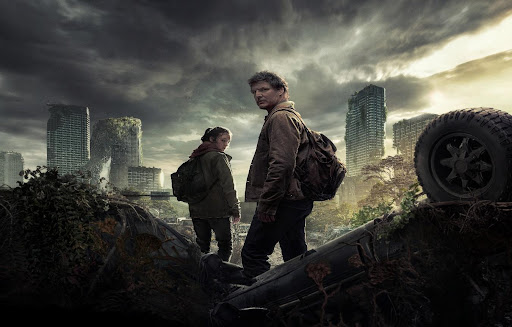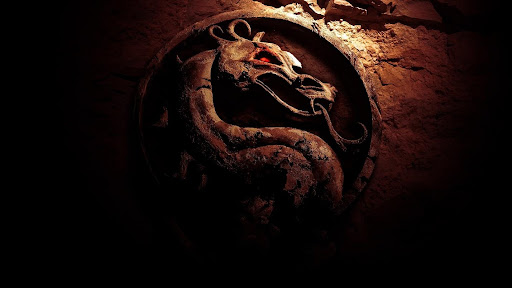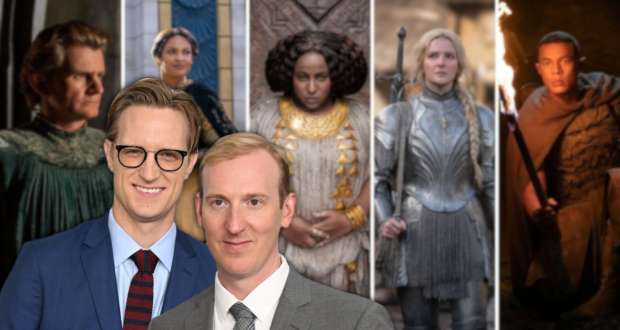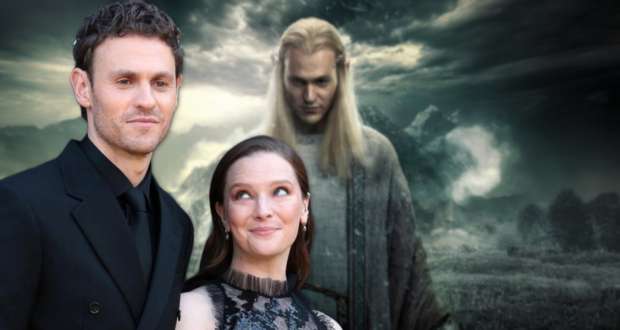Over the years, we have seen many poorly received video game translations on the big screens, and for a long time, the fans of both mediums never had any expectations for faithful, quality adaptations. Of course, even in the early-mid nineties, during the inception of this very specific genre, there were occasional well-made video game movies, but the quality has gone up significantly in recent times.
Most of that has to do with the fact that the video game genre is being taken more seriously as a genuine storytelling medium. Many studios saw the popularity of the industry, and a lot of talented filmmakers saw the potential in it.
Additionally, we often see more story-driven games lately, which has caused quite a discourse among the fans of the industry. Many people believe that focusing on the writing aspect of the product will inevitably take away from the gameplay that made it stand out in the first place. This theory does make sense, however, games like Red Dead Redemption 2, as well as God of War, have demonstrated that a good story and solid mechanics do not have to be mutually exclusive.
1995 Mortal Kombat
Mortal Kombat is arguably the biggest fighting game franchise of all time, so it was bound to receive live-action adaptations. The one in focus is the original, the 1995 Mortal Kombat, released only after three years of the original arcade game. Ever since its release, many new games like Gods of Giza, 10 Times Vegas, and 21 Wilds were released on innovative online crypto casinos. However, while Mortal Kombat doesn’t offer crypto as an accepted currency for in-game purchases, it still remains relevant in the ever-growing industry of gaming.
As a decently funded (20 million USD) fighting game adaptation, the film had plenty of opportunity for solid action, and interesting set pieces as well as translating some of the gore and violence that made the franchise so controversial and unique in the first place.
While looking back at the film, most fans seem to agree that it delivered. 1995 Mortal Kombat is decently faithful to the game’s story, where different characters, with different motives, are chosen to compete in the 10th and supposedly final Mortal Kombat tournament, determining the fate of their realm.
The tournament itself, essentially acts as a defense mechanism, preventing an all-out war, and settling things via having the strongest representatives of the realms fighting in a fair and square battle. The antagonistic force of the film is the sorcerer Shang Tsung, played by the great Hirouki Tagawa, who to this day voices the character in the newest projects, like MK 11 for example.
Alongside the protagonist of the film Liu Kang, the fans got to see almost the entire cast of the original Arcade MK. The most story-relevant characters are Johnny Cage, Sonya Blade, and the thunder God Raiden.
Alongside the great fight scenes between the beloved and well-recognized characters, they also received decent, easily comprehensible story arcs and progressions. The protagonist, Liu Kang for example, overcomes the guilt of his brother’s death, the same guilt that drove him to hone his skills as a warrior and in the process defeats the man actually responsible, the man who happens to be the main antagonist of the film.
Raiden is almost entirely characterized by his faith in the warriors that represent the earthly realm, even the ones who did not show much promise at the start, like Johnny Cage. Johnny himself, despite essentially being the comedic archetype, manages to eliminate a very strong opponent from the tournament, the previous champion Goro, and often show investment in the people around him, especially Sonya Blade, who also has significant victories in the tournament.
Overall, the film would perform decently well in the box office, (120 million USD worldwide), and earn a sequel that was not quite as well received. Despite that though, the Mortal Kombat films are being made to this day, with the most recent live-action one being released in 2021.
HBO’s The Last of Us
The Last of Us game is easily one of the most popular out there and is arguably the catalyst for all the recent story-driven games. It was incredibly well received by fans and critics alike, praising it for its well-constructed plot, compelling, human characters, and excellent world-building.
For the mainstream audience, the game demonstrated the story-telling potential that the genre always had and opened the doors that were never opened prior, as the game would be picked up and adapted by a massive company like HBO, just recently in 2022-23.
Having made incredible shows like, The Sopranos, as well as Game of Thrones, any HBO big-budget project will have high expectations and a guaranteed audience. The Last of Us part 1, would definitely meet those expectations.
Due to the success of the game, the show would be faithful to the source material. This, alongside the great cast&crew bringing this world to life, almost guaranteed success. The show captivated audiences all across the world with a complex story about the nature of humanity, letting go of the past and continuing the struggle even in the roughest of times.
To sum up, briefly, it is a post-apocalyptic story about a fungal infection that corrupted a massive percentage of the world’s population, turning them into vessels and mindless zombies. Interestingly the fungal infection is not a made-up concept, as it is present in real life with several ant species.
Regardless, the heart and soul of the game, as well as the show, are the two main characters, Joel and Ellie. Without this father-daughter dynamic being as compelling as it is, the story simply does not work, as the protagonist, Joel, has to make a hard decision by the end, where Ellie’s, as well as potentially many more people’s lives, are at stake.
The Differences Between the Show and the Game
Pedro Pascal’s Joel is probably one of the major differences between the show and the game. The show’s version seems to be about 4 years older, which somewhat affected his physical capabilities, as well as his trust in himself to keep Ellie safe.
Of course, he is still a hardened survivor capable of dealing with multiple infected and armed men all by himself, but his rough façade seemed to collapse a lot quicker with Ellie, as opposed to in-game. This is not a criticism of the show though, as changes that do not downgrade or ruin anything, are completely fine.
As for Ellie, despite some initial doubts about Bella Ramsay’s capabilities, she perfectly portrayed what it would be like for a 14-year-old to grow up and exist in such a cruel world. Being blessed with immunity to the fungal infection, Ellie often saw people close to her, the ones who were not quite as lucky, die terrible deaths. These events left her terrified of loss and ending up alone.
Throughout both mediums, these two characters and their interesting dynamics are explored thoroughly. After many terrifying trials, it all concludes with a single decision from the game’s protagonist. Maybe not the most heroic or virtuous, but human nonetheless.
As mentioned, the show was a huge success, and will likely inspire tons of other big studios to continue producing video game adaptations. This is quite big for an already growing industry, and it seems that the sky is the limit.





















